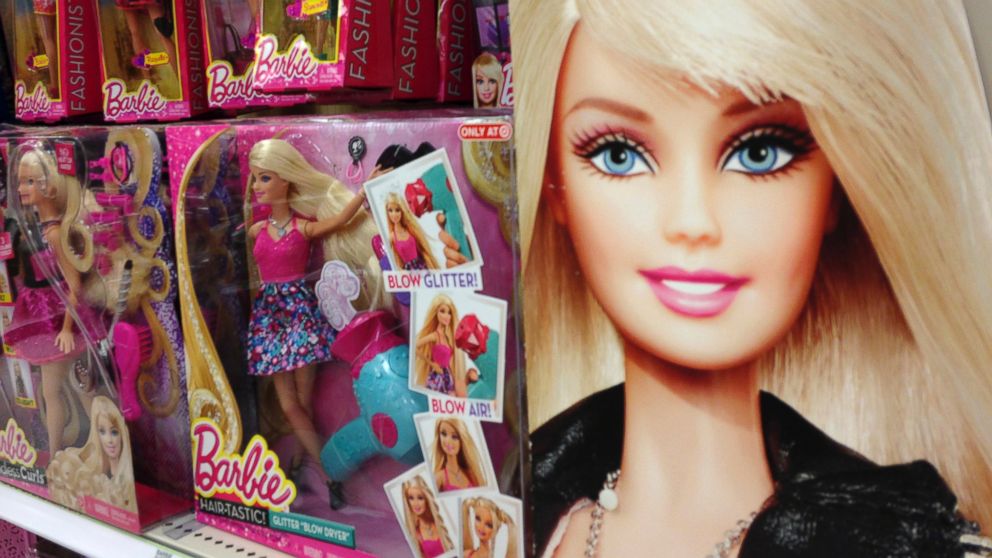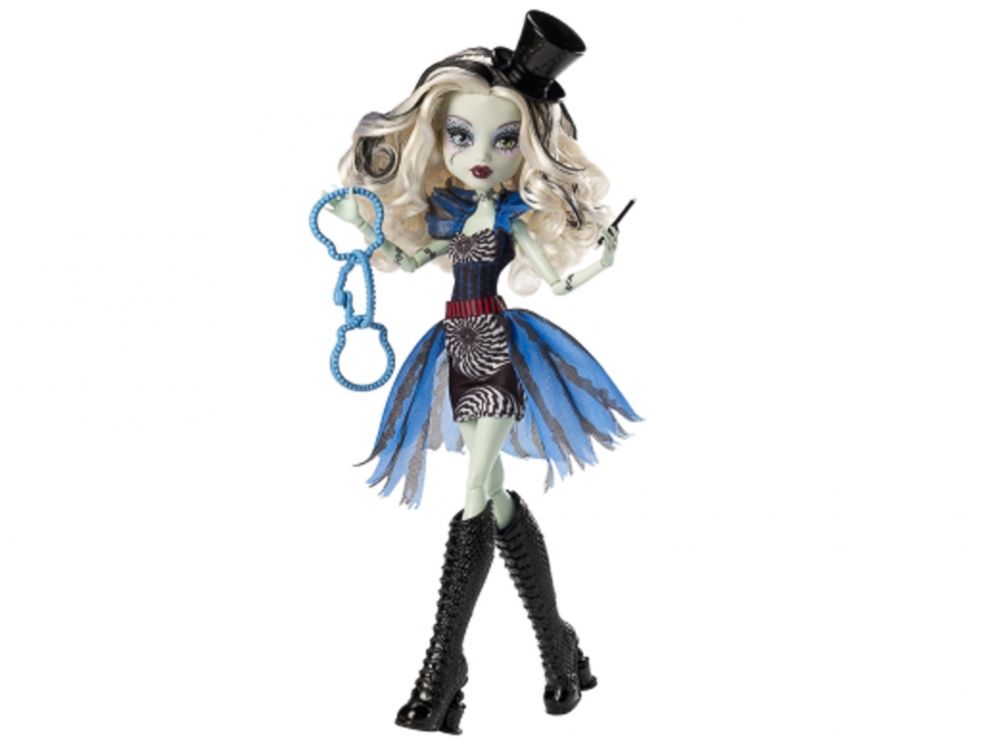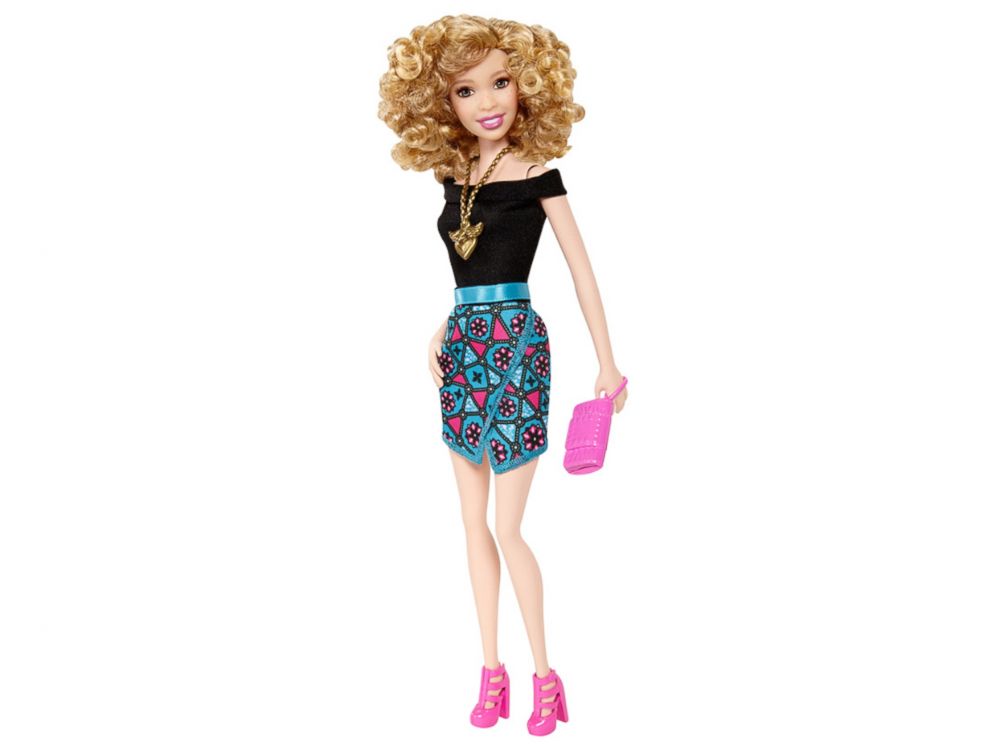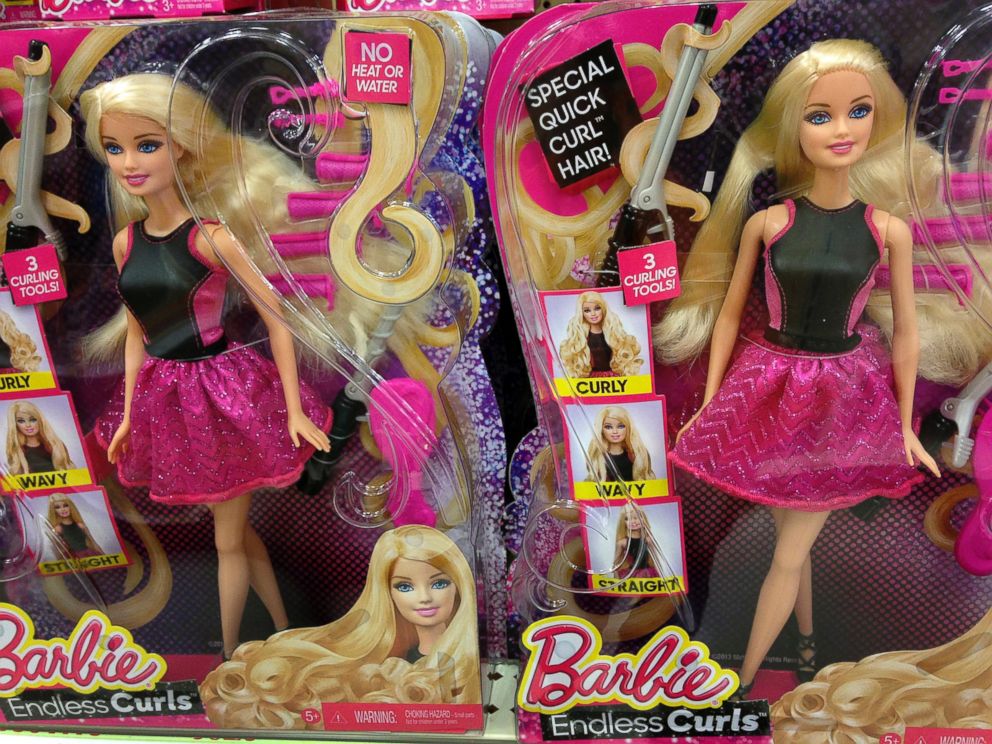Some Moms Call for Barbie's Retirement as Diverse Competition Steps in
Orders for Barbie have been on the decline for multiple quarters, Mattel says.

— -- With Barbie sales past their golden years, a more ethnically-diverse group of dolls are taking some of her market share in the toy industry, say some parents and toy experts.
Global sales of Barbie dolls fell 19 percent to $130.3 million in the second quarter, compared to the same quarter a year ago. However, 8 percentage points of that decline is attributed to a stronger U.S. dollar, according to Barbie's manufacturer, Mattel Inc.
Barbie's website claims that one of the dolls is sold every three seconds somewhere in the world, or about 10.5 million a year. But sales of Barbie dolls have declined for at least a half dozen consecutive quarters. Mattel reported yesterday an earnings loss of $11.4 million in its second quarter, compared to a profit of $28.3 million a year ago in the same period.
Part of Barbie's problem is that some parents favor dolls that their daughters can relate to more, such as the American Girl line, instead of conforming to what they term an impossible standard of beauty.
"Now that I'm older, I think it's time for Barbie to retire. She isn't good for our daughters," Michelle Combs, 52, of Cincinnati, Ohio, a blogger with four children, told ABC News. "We have enough to deal with when it comes to body image."
Jim Silver, CEO and editor-in-chief at toy review website TTPM, said that although orders of Barbie dolls have decreased over time, point-of-sale data show people are still buying the iconic doll. Of note last year, the Disney "Frozen" dolls also took a chunk out of Barbie's market, Silver said.
Mattel did not respond to a request for comment.
Monica Bielanko, 38, of State College, Pennsylvania, said she chooses not to buy dolls for her daughter, 6. While there are a few dolls in the house that are gifts from relatives and friends, her daughter isn't interested and chooses to play with a fishing pole instead.
"Call me crazy, but I can’t get on board with a doll that has proportions befitting the very images I try so hard to shield my daughter from, even if it is iconic and loved by millions of little girls and their mothers," Bielanko wrote in a blog for the parenting website Babble. ABC News and Babble are owned by The Walt Disney Company.
While Barbie's popularity is down for girls ages 6 to 9, Silver said, the demand still exists for girls ages 3 to 6.
"The fashion doll market used to be the ages 3 to 9 market," Silver said. "That used to be the market for Barbie. But kids are growing up so much quicker." Instead, dolls like the ethnically-ambiguous Monster High line, also by Mattel, are growing in popularity for girls ages 6 to 9.

"I definitely like the idea of racially ambiguous dolls or dolls of all sizes and colors," Bielanko said. "Barbie isn't just preposterously shaped, but perpetuating the whole blonde hair, blue-eyed standard of beauty is ridiculous as well."
Mattel has also diversified the Barbie line by introducing nameless friends in the last year with different color hair, skin and eyes, called the "Fashionista" line, without ethnic labels.
"This line looked entirely different and I think they’re much more conscious of showing diversity in all their doll lines," Silver said.

Andra Watkins, 46, from Charleston, South Carolina, refuses to buy a Barbie for her niece, Cayleigh, 12.
"Every influential woman in her life refused to give her Barbies, because we didn’t want her to focus on Barbie as a symbol of perfection," Watkins said.
But she said her niece loves Mattel's Monster High dolls.
"Cayleigh loves these, even at almost 13. I’ve always liked that they don’t present any form of ‘ideal’ to her," Watkins said.

But the nostalgia factor still drives some moms to buy the dolls for their daughters. Take, for example, Allison Tate, 41, a mother of four from Orlando, Florida, who remembers playing with her Barbie Dreamhouse. She's a self-described "feminist of the hardest of cores." She already bought a Barbie doll for her daughter's third birthday, though her child is still more interested in playing with plastic food.
"I don’t attribute my body issues to Barbie at all," Tate said. "I just like clothes and think it is fun to dress someone who always fits into hers."




